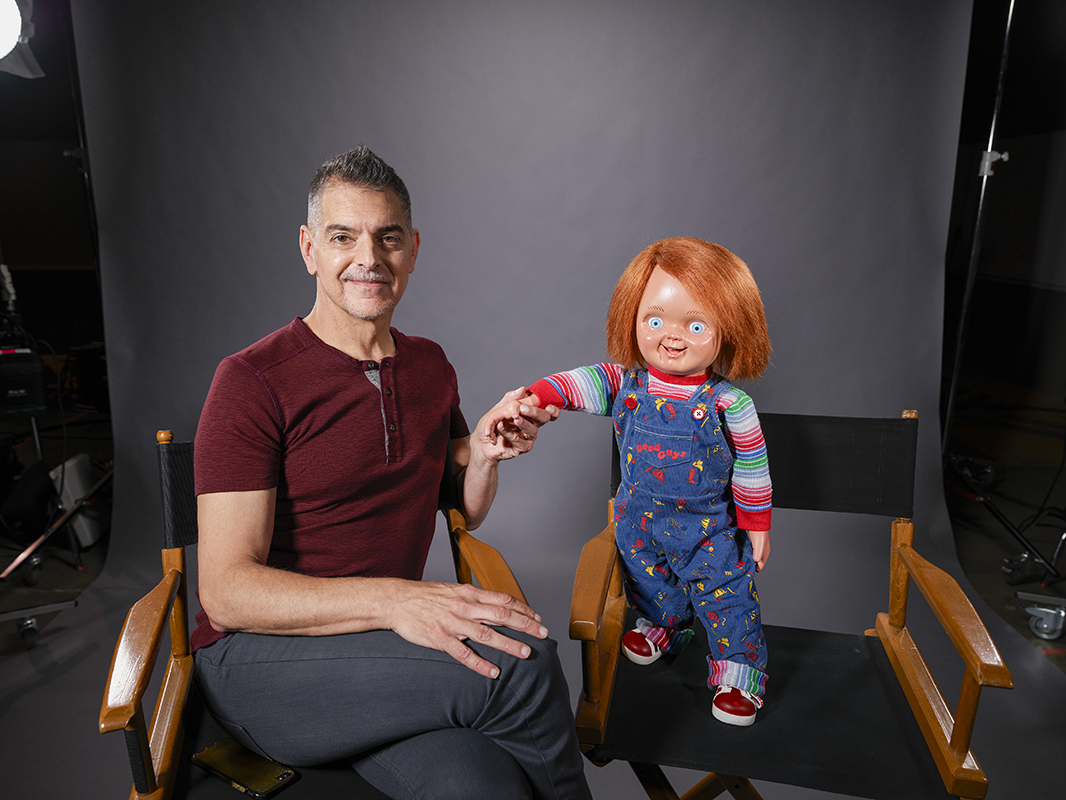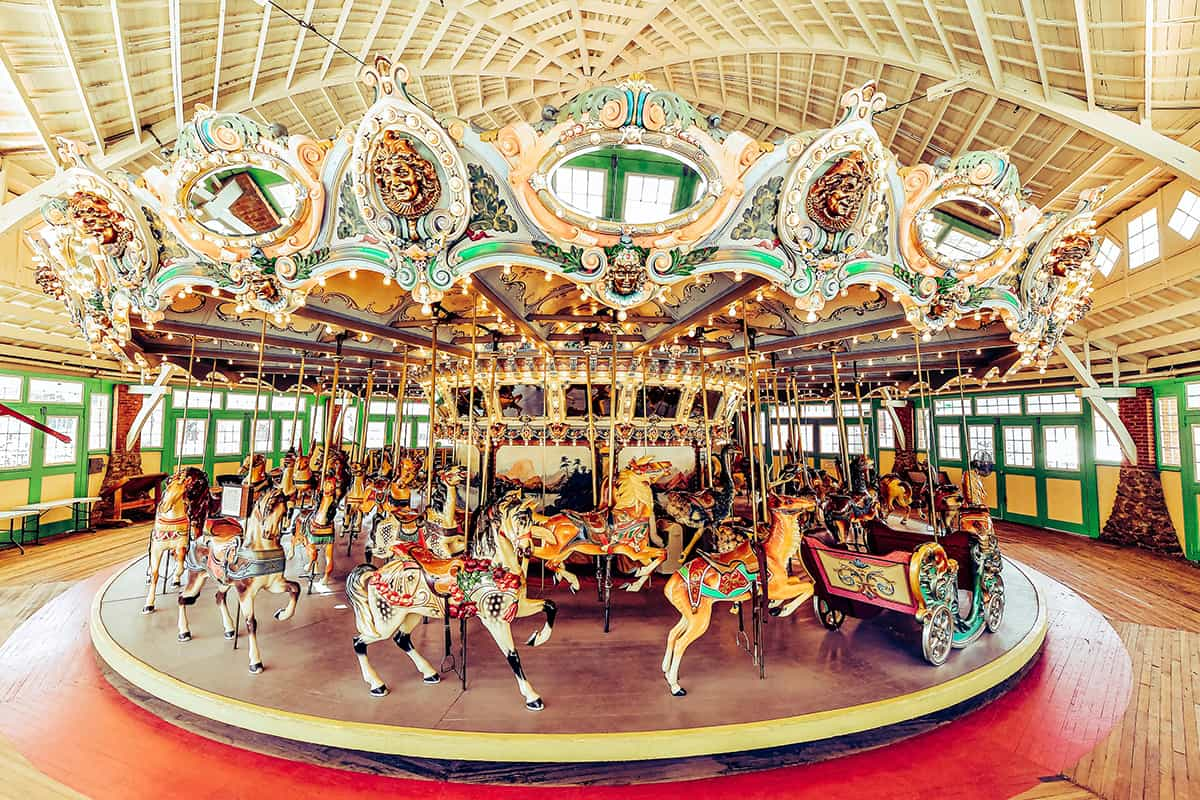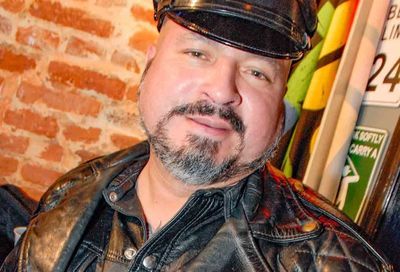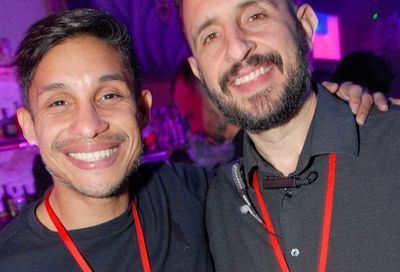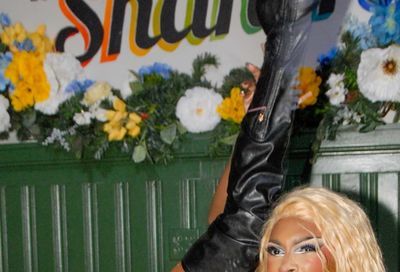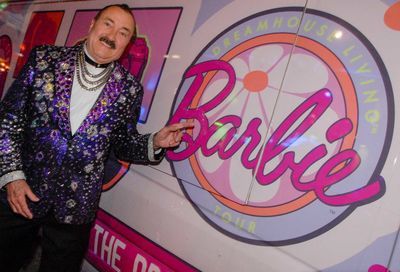Will & Grace returns, but was it worth the wait?
Hitting reset on its original finale, Will & Grace gets off to a shaky -- if potentially promising -- start

There’s one big question hanging over the revival of Will & Grace, the groundbreaking sitcom that brought gay characters into the homes of millions: Why?
It’s a question that many who watched all eight seasons of the original run, who grew to love its four leads, who laughed through pop culture references, queer stereotypes, drama, divorce and more, will ask. And it’s a question that’s particularly relevant after the steep decline the show suffered in its later seasons, as character-driven, witty comedy gave way to lazy punchlines, guest stars, and surreal storylines. For every bright moment — invariably fuelled by Jack or Karen — there was the encroaching sense that these characters, seemingly stuck in their ways, just weren’t that great any more.
So what’s changed? And how exactly do they get past the rather definitive, if odd, finale that wrapped up the show in children, marriage and a two-decade-long feud between Grace and Will? By essentially erasing most of the latter part of the eighth season.
Grace (Debra Messing) ended the show married to Leo (Harry Connick Jr.), her on-again-off-again cheating husband, and with a son. Will (Eric McCormack) was with cop partner Vince (Bobby Cannavale), raising a daughter. Jack (Sean Hayes) had swindled an older man out of his millions, Karen (Megan Mullally) was divorced, impoverished and living with him.
No more. Will & Grace dismisses most of that in the first few minutes, unashamedly — and almost breaking the fourth wall — deleting Will and Grace’s children, separating both from their partners, and putting them back in Will’s apartment. Will is living alone. Grace is recently divorced and needs a place to stay. Jack never got his millions and is still across the hall, hungrily vying for small acting roles. Karen is divorced from Stanley, but no longer broke. Within minutes, co-creators and co-writers David Kohan and Max Mutchnick have provided everything they need to carry on as if nothing ever happened. We’re back to the status quo — for better and for worse.
The first episode, “11 Years Later,” makes it clear that there’s no intention to update the show’s style of comedy. In an era where Arrested Development, 30 Rock, Modern Family and Veep, among many others, have driven the single-camera sitcom to award-winning heights, Will & Grace returns with multiple cameras and a live studio audience. It’s unashamedly old-fashioned. There’s bright lighting, plenty of amped laughs, and a feeling that we’re suddenly back in the ’90s. Or watching any sitcom on CBS.
All of this would be fine if the show were gut-bustingly funny, but if anyone was expecting 11 years and a relaunch to change the decline that occurred in the later seasons, they’ll be disappointed. Despite a wealth of changes and a passing of time, the first episode trades on lazy, cringeworthy references. Grace says she’s “woke.” Jack stalks someone on Facebook and finds Will on Grindr. There’s even jokes about fake news and Donald Trump’s skin being the same color as Cheetos. That was amusing in 2015, but not now.
Even political humor — one of the easiest ways to pack a sitcom punch, particularly in our current climate — falls flat, as the characters reference the election results and even head to Washington D.C.: Will to chase a handsome Republican congressman he’s been petitioning, Grace to redesign the Oval Office as a favor to Trump-supporting Karen. Given this entire relaunch of the show occurred after the characters reunited in 2016 to implore people to vote for Hillary Clinton, it’s almost galling that there isn’t a bigger clout — or at least a bigger laugh — behind the politics.

At no point is any of the first episode particularly funny. Instead, as ever, it’s Jack and Karen who are forced to bring the laughs, whether through Hayes’ commendable penchant for physical comedy or Karen’s references to her wealth, age or alcoholism (she shouts at a White House butler for pouring a Laura Bush drink measure, instead asking for a Pat Nixon).
Fortunately, once we’re over the awkward bumps of both updating the show and moving past the original finale, as well as the farcical nature of the D.C. trip, things pick up in the second episode “Who’s Your Daddy?” Oft-criticized, perhaps unfairly, for the way it handled LGBTQ issues, Will & Grace tended to rest on the fact that its lead characters were gay or gay-friendly, doing little to move beyond that other than occasional references to a lack of marriage rights. It’s why watching Jack and Will struggle with being older in the gay community offers a welcome counterpoint to the first episode, instead offering a character-based plot, LGBTQ affirmation, and genuine laughs.
During the first eight seasons, both characters admonished older men in gay bars and were horrified at the thought of aging. Now, Jack’s getting called a “daddy” and Will is romancing a 23-year-old (Ben Platt) who doesn’t like Madonna and hasn’t heard of Stonewall. Hayes generates the biggest laugh, as he visits a gay bar in age-defying treatments and full-body Spanx. As he stiffly falls about, it’s a reminder that, even when other jokes aren’t landing, his over-the-top portrayal of Jack can still generate a hearty chuckle.
The episode culminates in a much needed lecture from Will, as he admonishes his young would-be lover and teaches him about Stonewall, the battle for gay rights, and the ease with which those hard fought-for victories could be erased — especially in a world of Trump and Republican control. Yes, it’s the sort of sermon that made Will so insufferable on so many occasions, but here it’s also a valuable demonstration of the impact Will & Grace could have now that it’s back on our screens. If it chooses to move past its dated trappings, Will & Grace could actually prove its worth beyond sheer nostalgia for its characters.
[polldaddy poll=9840821]
Speaking of which, having watched the first three episodes, one thing is abundantly clear: all four leads are as gifted as ever. Whether delivering zany energy, slapstick humor, pop culture references, or the occasional moment of emotion, McCormack, Messing, Hayes and Mullally have lost none of what brought their characters to life for eight seasons. While not every joke lands, there’s still more going on behind the eyes here than on numerous other multi-cam sitcoms. It’s just a shame that the characters themselves seem to have gone nowhere in the eleven years between seasons.
It’s Will who suffers most, remaining as intrinsically awful as he was in the show’s original run. Of the four, he has the fewest redeeming qualities — the quickest to accuse others of throwing him under the bus, he is also the first to do the same. He’s still a powerful lawyer, still a snob, still criticizing Grace for never changing or being better, while remaining as narcissistic as ever. And neither the writers nor McCormack seem interested in changing that.

That’s not to say that the others are any different — indeed, narcissism runs deep in this quartet. Grace remains as food-crazy, neurotic, cheap and self-indulgent as ever, but Messing’s portrayal always leant her a charm that meant it was easy to overlook her flaws. Hayes delivers Jack with astonishing ease and flexibility, from his over-the-top emoting to his flourishing hands, and it’s remarkable that it remains both as engaging and as amusing to watch all these years later. And as Karen, Mullally continues to steal every scene with a high-pitched squeal and a biting comment. While a few years ago her portrayal of a one-percenter who is appalled by most people beneath her would have seemed horribly out of touch, in the age of Trump it has come full circle to being utterly relevant again.
In interviews leading up to the relaunch, the show’s stars assured that the writers were going to go in hard on LGBTQ issues. If true — and if the writing can move beyond its shaky start — it could perhaps answer that “Why?” question that plagues this entire endeavour. LGBTQ characters are increasingly familiar on our screens, with their stories covering a number of facets of the queer experience, from coming out as transgender, to same-sex couples raising children, to fighting for our rights. But there’s certainly room for a primetime sitcom that wants to push those stories even more.
For Will & Grace to succeed, it needs to offer much more representation than before. More LGBTQ content, more activism, more justification for its existence. Otherwise, it’s just a generic sitcom that happens to have two lead gay characters. That was cutting-edge in 1998, but we’ve watched Cam and Mitch get married and raise a baby on Modern Family for nine seasons now. Just showing up won’t do it anymore.
Will & Grace needs to trade on more than nostalgia, offering up tepid laughs, the occasional moment of LGBTQ-affirming sermonizing, and a truly awful update of its theme song. NBC may have renewed it through a tenth season, but at the moment it’s hard to see a future beyond that. In 1998, gay people on TV were a revelation. In 2017, as rights are eroded, a nation trembles on the brink of civil and international war, and even sitcoms are being forced to get smarter and work harder, revisiting the past to catch up with old friends might seem comforting. Unfortunately, that just isn’t enough.
Will & Grace premieres Thursday, September 28, at 9/8c on NBC. All eight original seasons are now available on Hulu.
Support Metro Weekly’s Journalism
These are challenging times for news organizations. And yet it’s crucial we stay active and provide vital resources and information to both our local readers and the world. So won’t you please take a moment and consider supporting Metro Weekly with a membership? For as little as $5 a month, you can help ensure Metro Weekly magazine and MetroWeekly.com remain free, viable resources as we provide the best, most diverse, culturally-resonant LGBTQ coverage in both the D.C. region and around the world. Memberships come with exclusive perks and discounts, your own personal digital delivery of each week’s magazine (and an archive), access to our Member's Lounge when it launches this fall, and exclusive members-only items like Metro Weekly Membership Mugs and Tote Bags! Check out all our membership levels here and please join us today!




